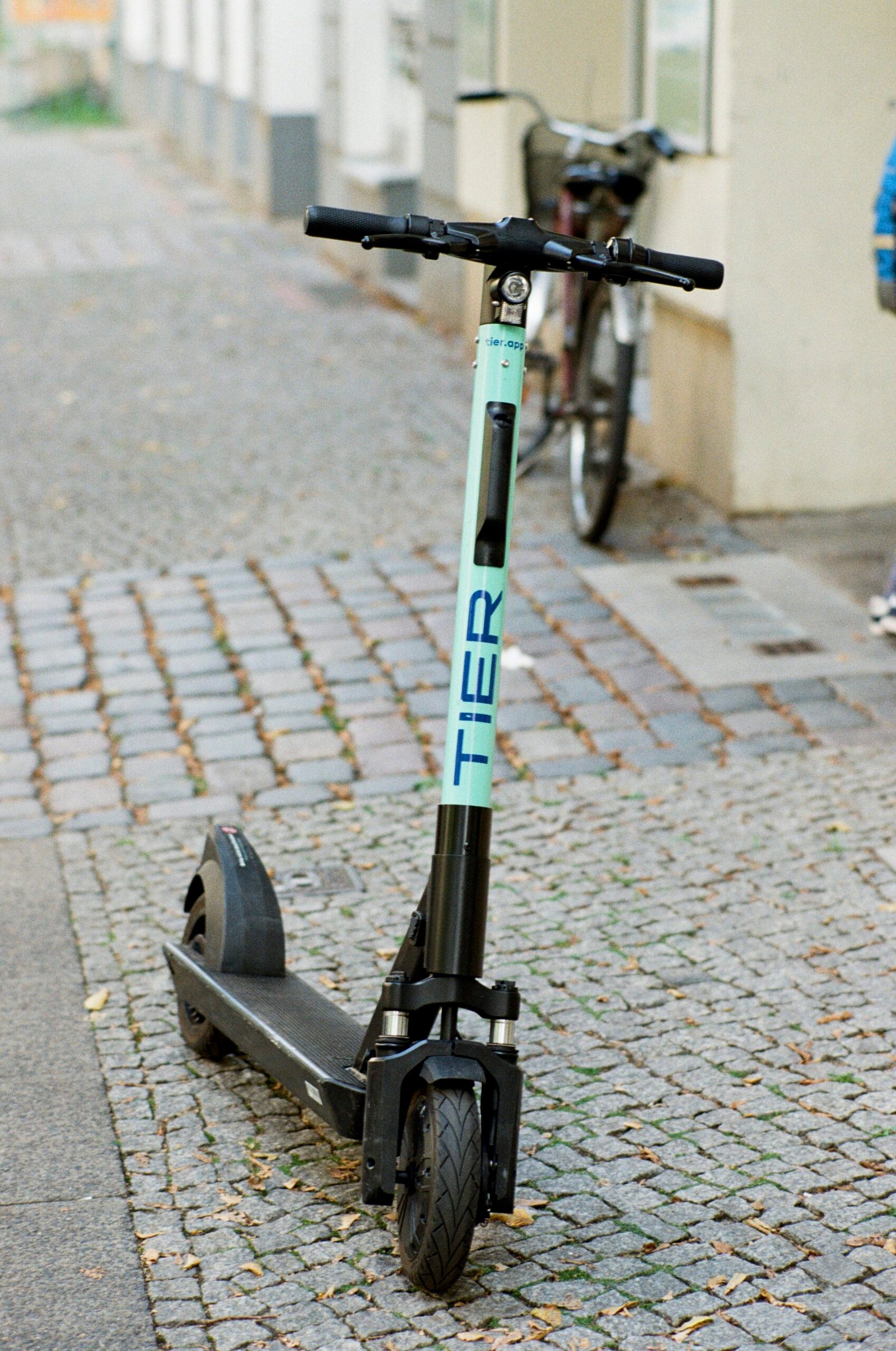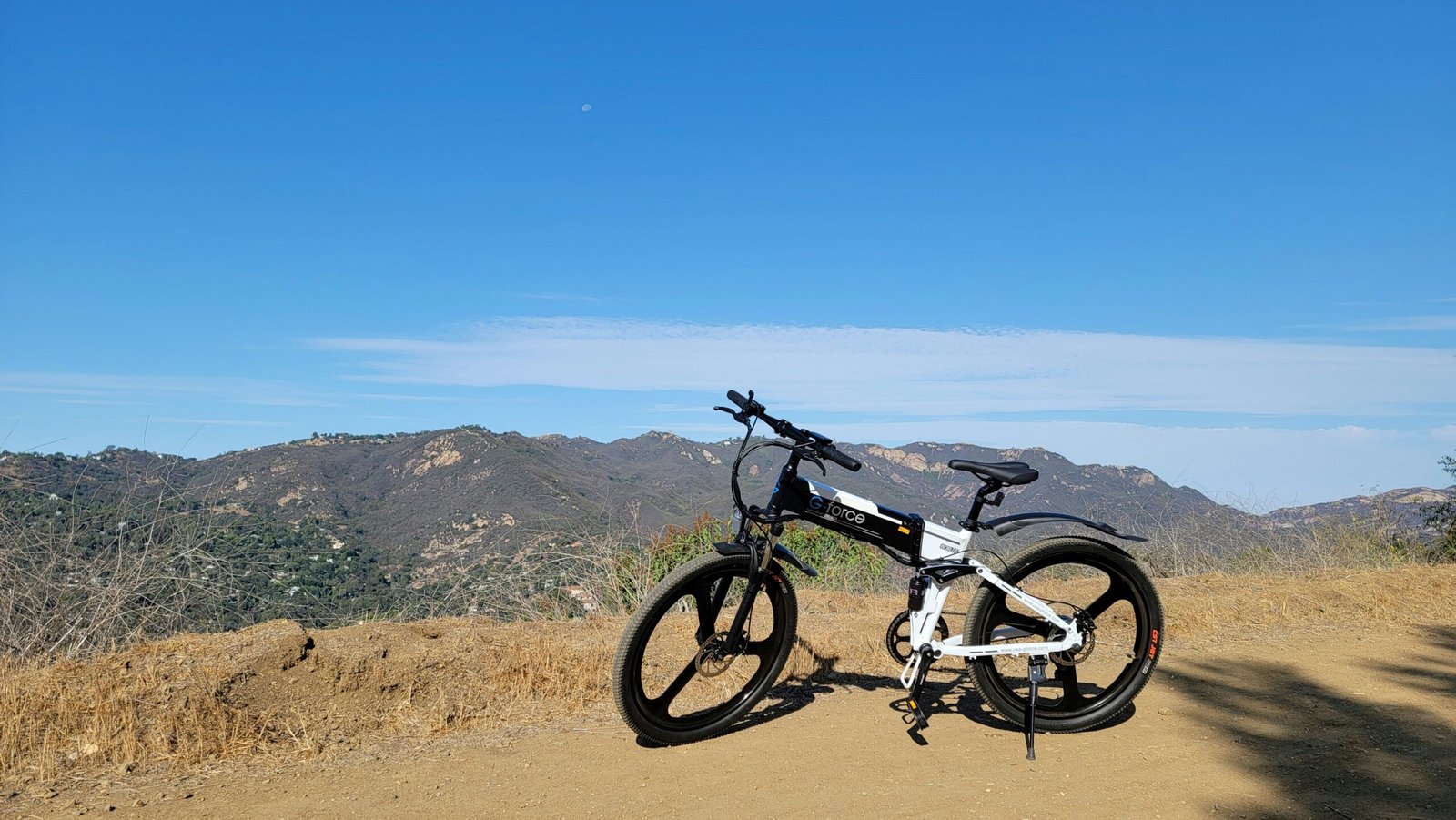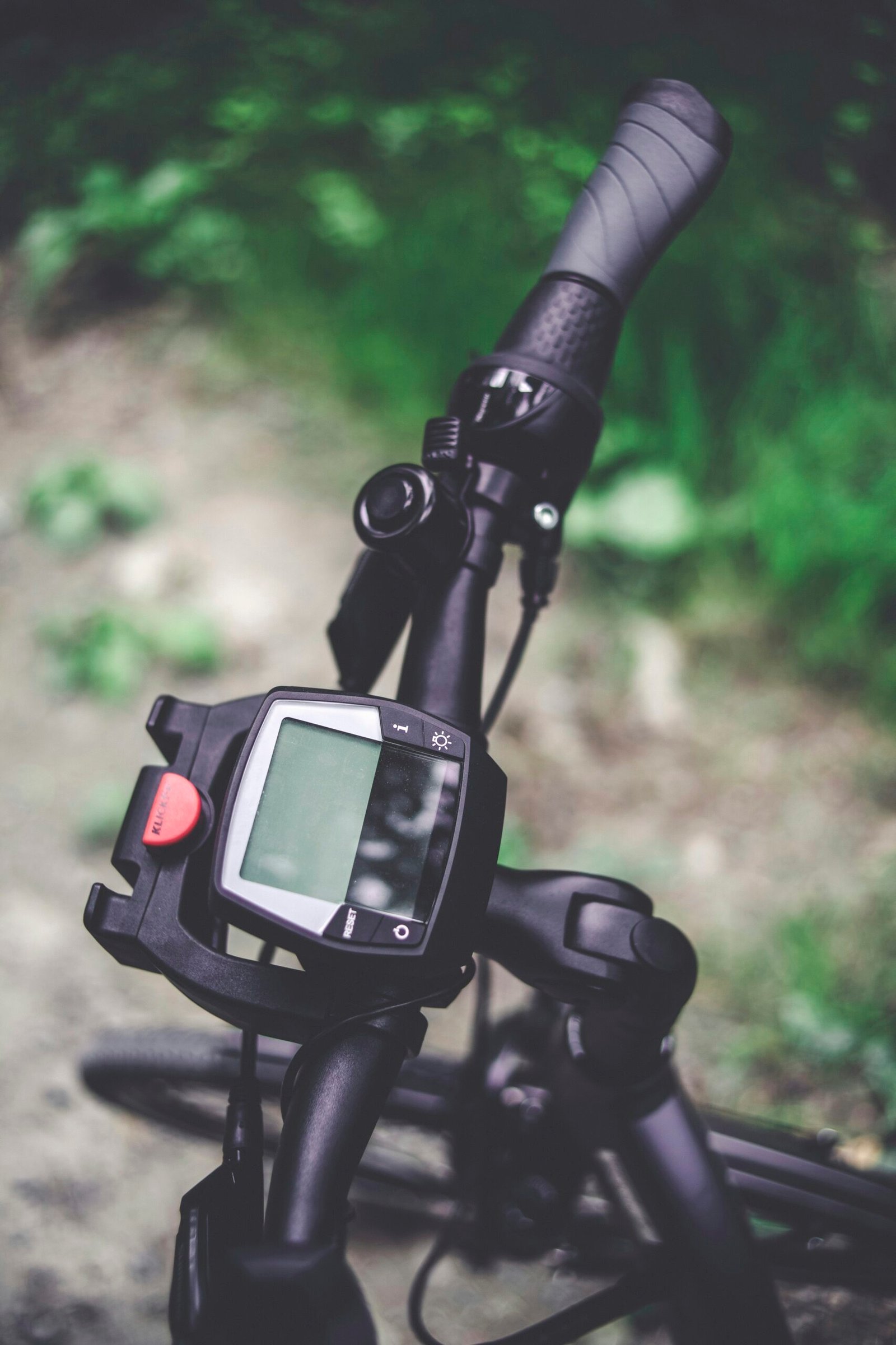Navigating the hustle and bustle of college life is about to get a whole lot smoother with the rise of electric bikes. In “Are There Specific Rules For Using Electric Bikes On College Campuses?” you’ll learn everything you need to know before hopping on your e-bike. From speed limits and designated parking zones to safety regulations and permitted pathways, this article provides a comprehensive guide to ensure your e-bike adventures are both fun and compliant with campus rules. Get ready to pedal towards a more efficient and eco-friendly campus commute! Have you ever wondered what it’s like to buzz around your college campus on an electric bike? With the growth of e-bikes, more and more students are opting for this efficient and eco-friendly mode of transport. But before you hop on and zip across campus, there are important rules and guidelines you need to be aware of. Are there specific rules for using electric bikes on college campuses? Let’s dive right in and explore everything you need to know!

Understanding Electric Bikes
First and foremost, let’s break down what an electric bike—or e-bike—is. Essentially, an electric bike is a bicycle equipped with an electric motor that helps with propulsion. They come in various types, each offering different levels of assistance.
Types of Electric Bikes
Understanding the types of e-bikes can help clarify some of the regulations. Generally, e-bikes are classified into three categories:
| Class | Description |
|---|---|
| Class 1 | Pedal-assist only. The motor provides assistance only when you pedal and cuts off at 20 mph. |
| Class 2 | Throttle-assisted. The motor can propel the bike without pedaling, but will not assist beyond 20 mph. |
| Class 3 | Pedal-assist only, but the motor assists up to 28 mph. Often considered the “speed” e-bike. |
Knowing which class your e-bike falls into is the first step in understanding the respective campus rules.
Why Choose an Electric Bike?
Convenience & Speed
Electric bikes allow you to navigate through the campus quickly and effortlessly. With an e-bike, you can say goodbye to the struggle of finding parking spaces or waiting for campus shuttles.
Environmental Impact
E-bikes are an eco-friendly option. They emit zero emissions and reduce your carbon footprint, which adds to your sustainable living efforts.
Health Benefits
Even with motor assistance, you’ll still be getting some exercise. Pedal-assist modes encourage you to pedal more frequently.
Establishing Rules and Guidelines
Now that we’ve covered e-bikes themselves, let’s get into the specifics of campus regulations.
General Campus Policies
Most college campuses have general transportation policies that apply to all kinds of vehicles, including e-bikes. These policies often cover:
- Speed Limits: Many campuses impose speed limits to ensure safety.
- Parking Areas: Specific parking zones for bikes and e-bikes.
- Helmet Use: Some campuses mandate helmet use for all bike riders.
Registration Requirements
Many campuses require students to register their e-bike with the transportation department. Registration helps in case of theft and also informs the administration about the types and numbers of vehicles on campus.
| Requirement | Description |
|---|---|
| Registration Fee | Some campuses charge a nominal fee for e-bike registration. |
| Identification | You’ll likely need to provide proof of ownership and student ID. |
Riding Permits
In some cases, you may need a riding permit. This is more common in private universities or institutions with extensive regulations.
Safety Regulations
Safety regulations are perhaps the most important aspect of e-bike policies on campus. These can include:
- Mandatory Helmet Use: Helmets are required to reduce injury risks.
- Reflective Gear: For nighttime riding.
- Prohibited Areas: Some zones may be off-limits to e-bikes, such as pedestrian-heavy areas.
State & Local Laws
College campuses often adhere to state and local laws regarding e-bikes. These laws generally cover:
Speed Regulations
States have different speed limits for various types of e-bikes. Knowing these can help you prepare for the specific restrictions that might be in place on your campus.
Age Restrictions
Some states have minimum age requirements for certain types of e-bikes, typically for Class 3 bikes.
Licensing and Insurance
While many states don’t require a special license for e-bikes, it’s crucial to check as regulations can differ.
Traffic Rules
E-bike riders are generally required to follow the same traffic rules as traditional cyclists.

Campus Infrastructure
Bike Lanes and Paths
Understanding the layout of your campus is crucial. Many campuses have designated bike lanes or paths where riding is permitted. Riding in non-designated areas can lead to fines or other penalties.
Parking and Charging Stations
Parking space availability can be limited, so knowing where you can park and potentially charge your e-bike can save you a lot of time and hassle.
| Facility | Availability |
|---|---|
| Bike Racks | Majority of campuses provide bike racks near academic buildings. |
| Charging Stations | Not all campuses have this facility, check ahead of time. |
Benefits of Following Rules
Following campus and state regulations isn’t just a matter of compliance; it has its benefits too.
Safety
Strict adherence to safety rules minimizes accidents, not just for you but for everyone on campus.
Insurance Benefits
Some insurance providers offer lower premiums if you demonstrate compliance with safety regulations.
Community Trust
Following the rules reflects well on you and contributes to a culture of mutual respect and trust on campus.

Common Misunderstandings
E-bike Speed Limitations
A common misunderstanding is that all e-bikes are speed demons. Many campuses impose strict speed limits that are often lower than state limits.
Registration Equals Endorsement
Just because your e-bike is registered, it doesn’t mean you can ride it anywhere. Always stay updated on specific zones where e-bikes are permitted.
Tips for New Riders
Test Rides
Before committing, try a few test rides. Each e-bike feels different, and a test ride can help you find one that suits your needs.
Learn Basic Maintenance
Know how to handle basic maintenance tasks like tire inflation and battery care. This knowledge will serve you well in the long run.
Join Campus Groups
Many colleges have bike clubs or groups where you can learn more about riding, share tips, and perhaps find riding buddies.

Future Trends
Increasing Infrastructure
With the rise in popularity of e-bikes, many campuses are expected to improve their infrastructure, including more bike lanes and charging stations.
Stricter Regulations
As more people turn to e-bikes, regulations may become more stringent. It’s always a good idea to stay informed about any policy changes.
Integration with Public Transport
Some campuses are exploring partnerships with local public transport systems to make it easier for students to combine different modes of transport.
FAQs
Are helmets mandatory?
In most cases, yes. It’s always a good idea to wear one for your safety.
Can I ride an e-bike in pedestrian zones?
Typically, no. E-bikes are usually restricted to bike lanes or roads.
Do I need insurance?
While generally not mandatory, having insurance can offer peace of mind and cover potential liabilities.
Conclusion
E-bikes are an excellent option for college students. They provide convenience, speed, and an eco-friendly mode of transport. However, it’s crucial to adhere to both campus-specific regulations and state laws. By following the rules, you not only ensure your safety but also contribute to a safer campus environment. So, get your e-bike registered, put on your helmet, and enjoy the freedom of buzzing around campus!

